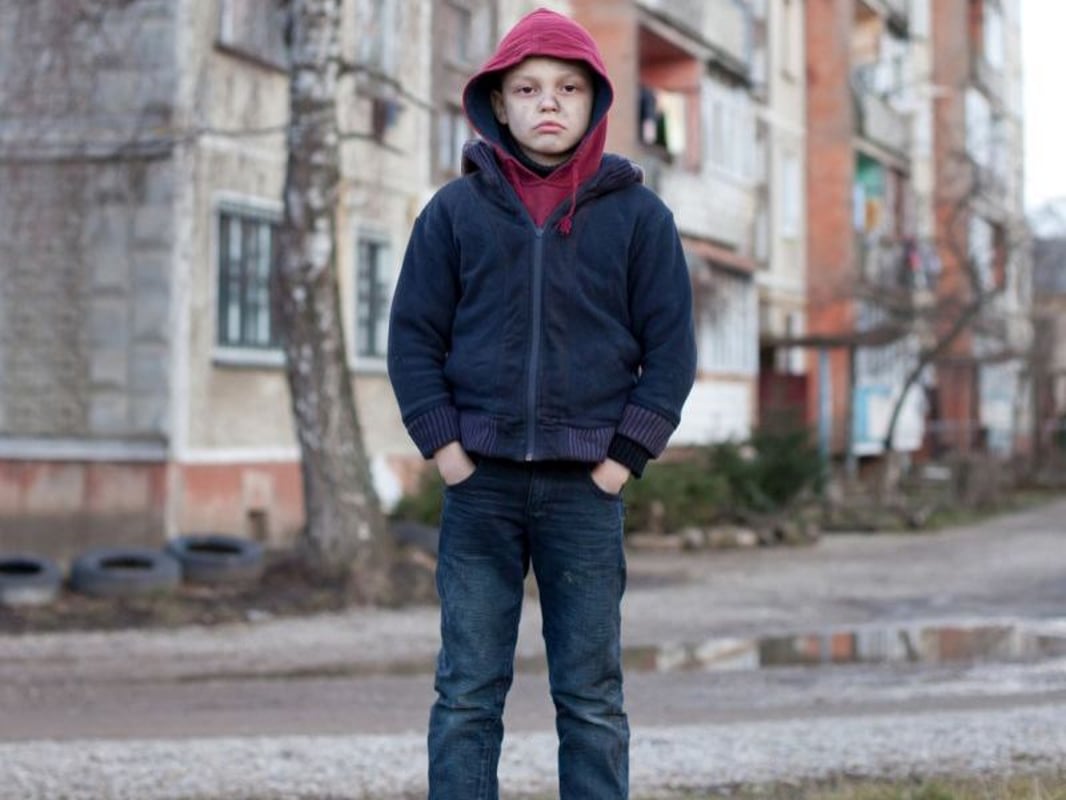Risk of Relapse Increased With Extreme Poverty in Children With Leukemia

MONDAY, April 24, 2023 (HealthDay News) -- For children receiving maintenance treatment for acute lymphoblastic leukemia (ALL), those living in extreme poverty have increased risk of relapse, according to a study published online April 17 in Blood.
Aman Wadhwa, M.D., from the University of Alabama at Birmingham, and colleagues examined the association between individual-level poverty and relapse among children receiving maintenance treatment for ALL. After adjustment for relevant predictors, the hazard of relapse was estimated for patients living in extreme poverty (120 percent below federal poverty thresholds).
Overall, 12.3 percent of the 592 patients in this analysis were living in extreme poverty. The researchers found that the cumulative incidence of relapse at three years from study enrollment was significantly higher among those living in extreme poverty versus those not living in extreme poverty after a median follow-up of 7.9 years (14.3 versus 7.6 percent). Compared with those not living in extreme poverty, children living in extreme poverty had a 1.95-fold increased risk of relapse in multivariable analysis; after inclusion of race/ethnicity in the model, this association was mitigated. Significantly more children living in extreme poverty were nonadherent to mercaptopurine (57.1 versus 40.9 percent), but the association between poverty and relapse risk was not completely explained by poor adherence.
"If we are going to risk stratify patients and give different treatments based on certain biological factors, then why not design interventions and treat these social factors that are also increasing their risk of relapse," Wadhwa said in a statement.
One author is a medical director at Servier Pharmaceuticals.
Abstract/Full Text (subscription or payment may be required)
Related Posts
AHA News: At 38, She Had Two Strokes in One Day
THURSDAY, April 14, 2022 (American Heart Association News) -- Even though her...
2021 Syphilis Rates Increased by Nearly One-Third in the United States
FRIDAY, April 14, 2023 (HealthDay News) -- Reported cases of chlamydia,...
Single Dose of AZD7442 Prevents Symptomatic or Severe COVID-19
FRIDAY, April 22, 2022 (HealthDay News) -- A single dose of the monoclonal...
